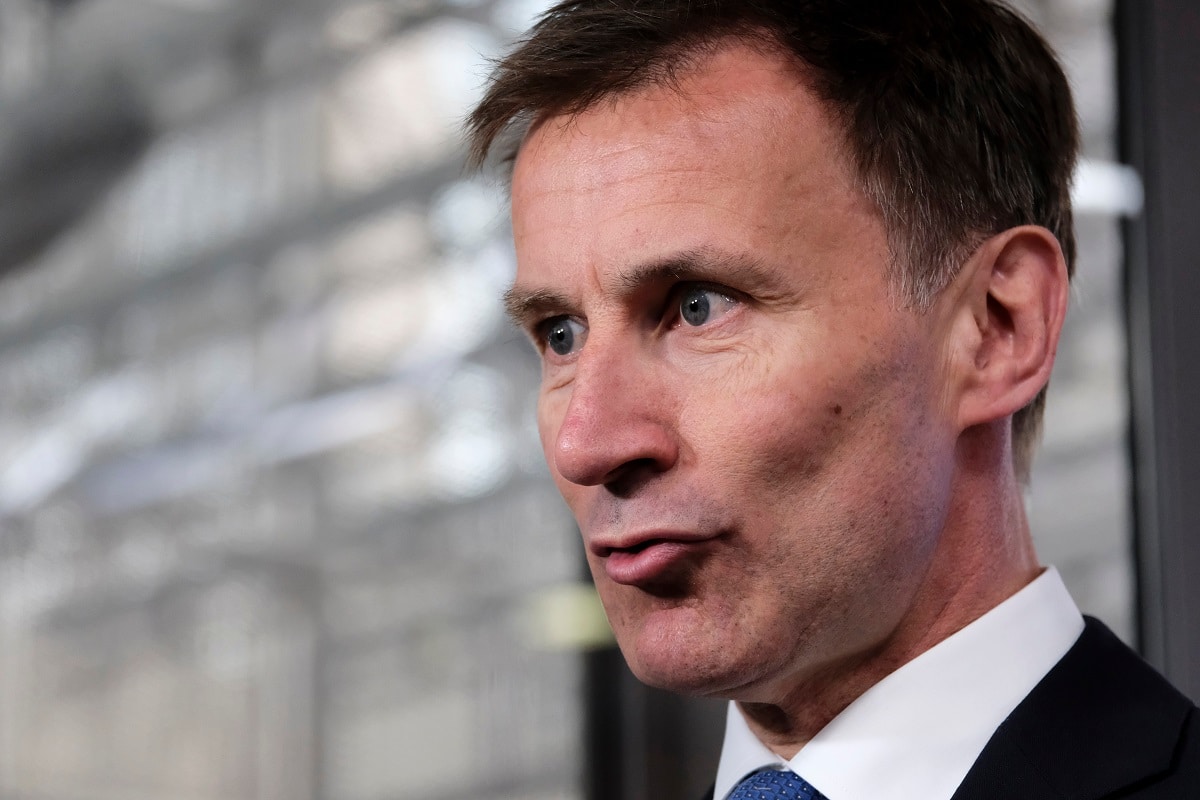The government is using yesterday’s drop in inflation to show they’re the party to trust when it comes to the economy. Some commentators are suggesting all is not quite as good as it seems though, saying they’re painting “too rosy” a picture on the data.
Hunt Opens By Claiming Credit
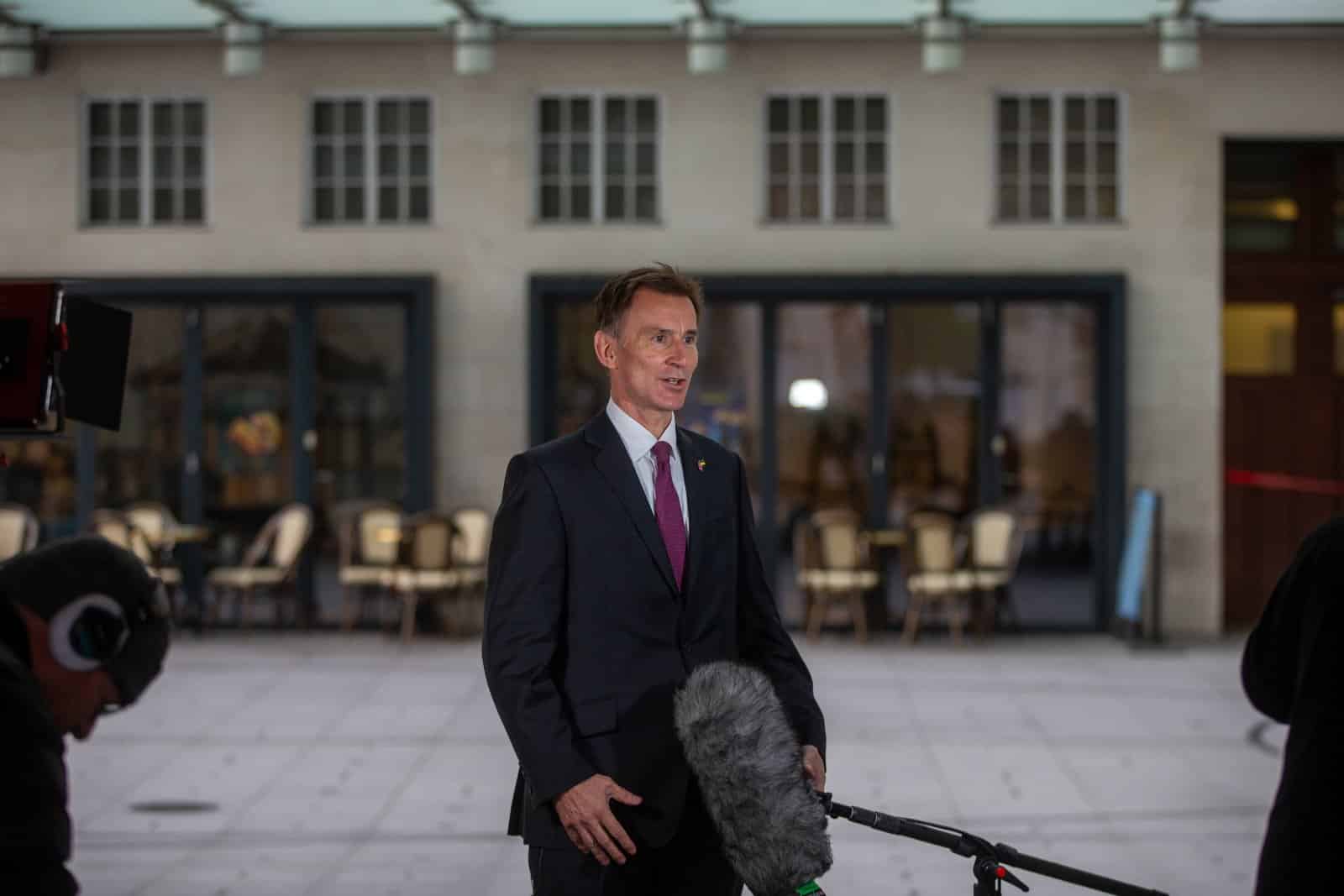
Following the announcement that inflation has fallen to 3.4%, chancellor of the exchequer, Jeremy Hunt claimed that “the plan is working”, suggesting it’s a good government strategy that is leading the reduction in inflation.
Hunt Serves Bank of England a Challenge
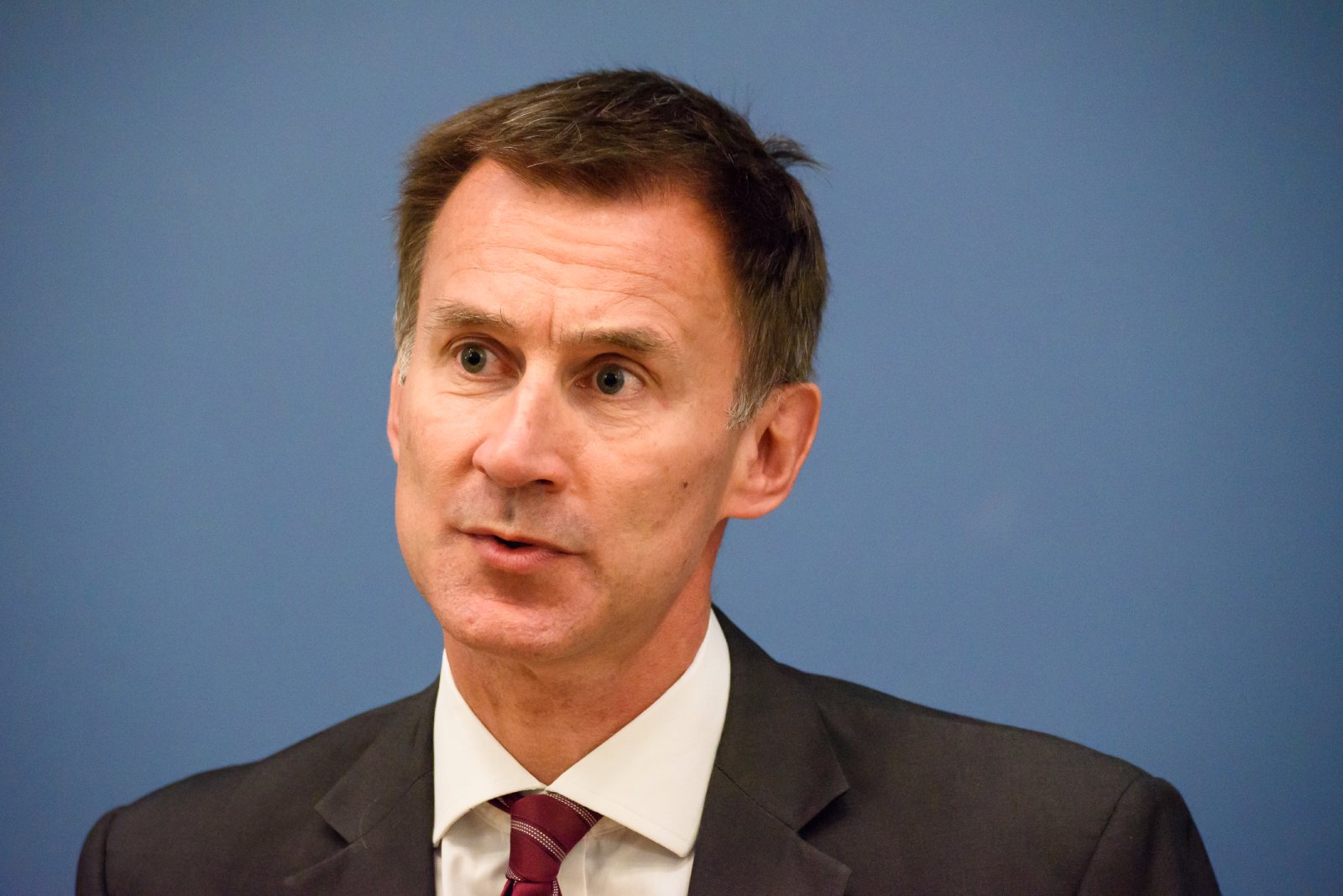
Playing politics, Hunt went on to say “turning point” will come when inflation falls to its 2% target and the BOE “feels it can bring down interest rates.”
Hunt Deflecting the Blame For Slow Economic Recovery
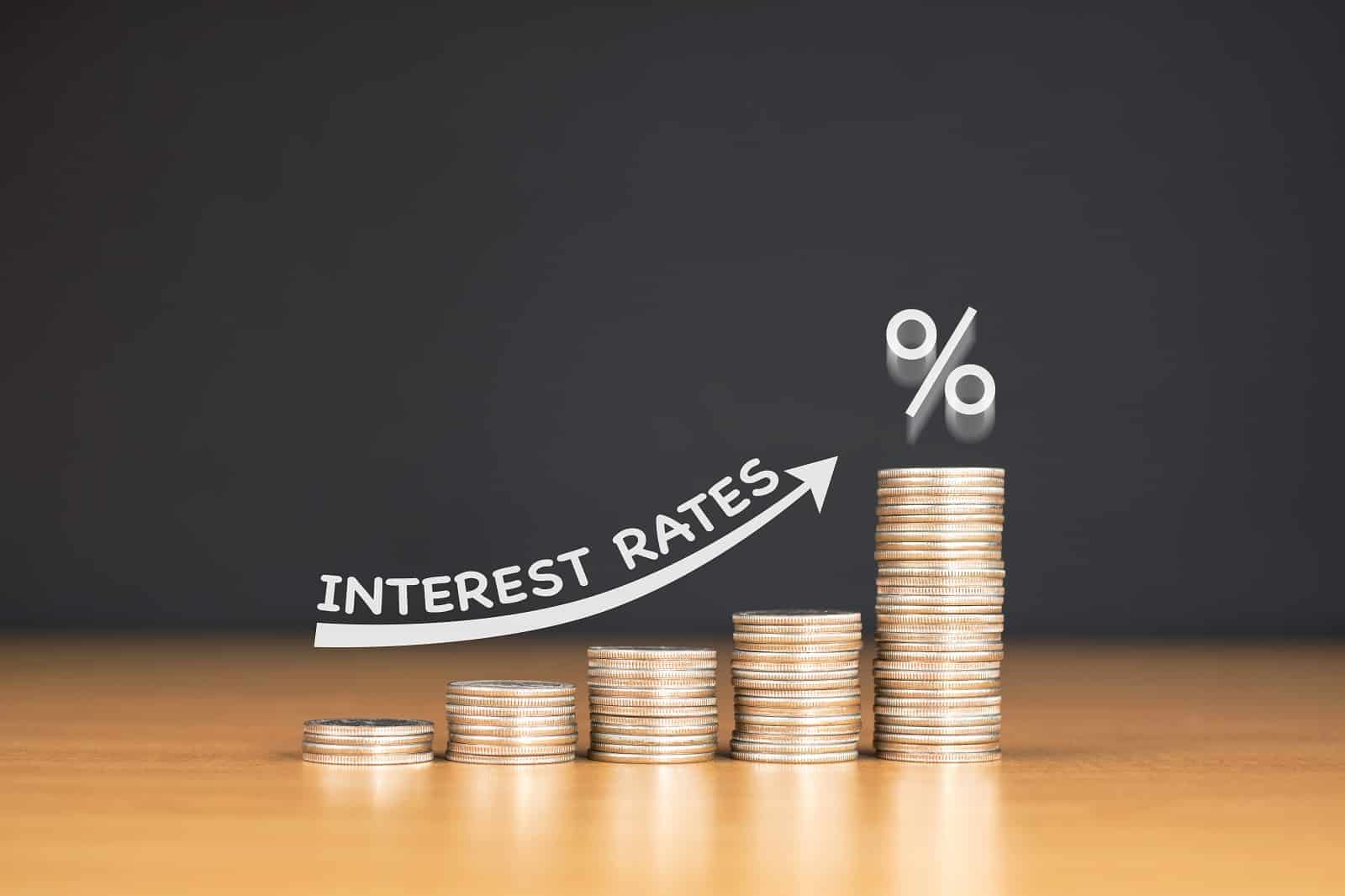
Hunt suggested it was down to the Bank of England to stimulate economic growth in the UK by saying… “That is the way you get real, long-term growth,”. “Whilst interest rates are over 5%, the highest in 15 years, of course growth is going to be weaker.”
Comments Put Pressure on The Bank of England
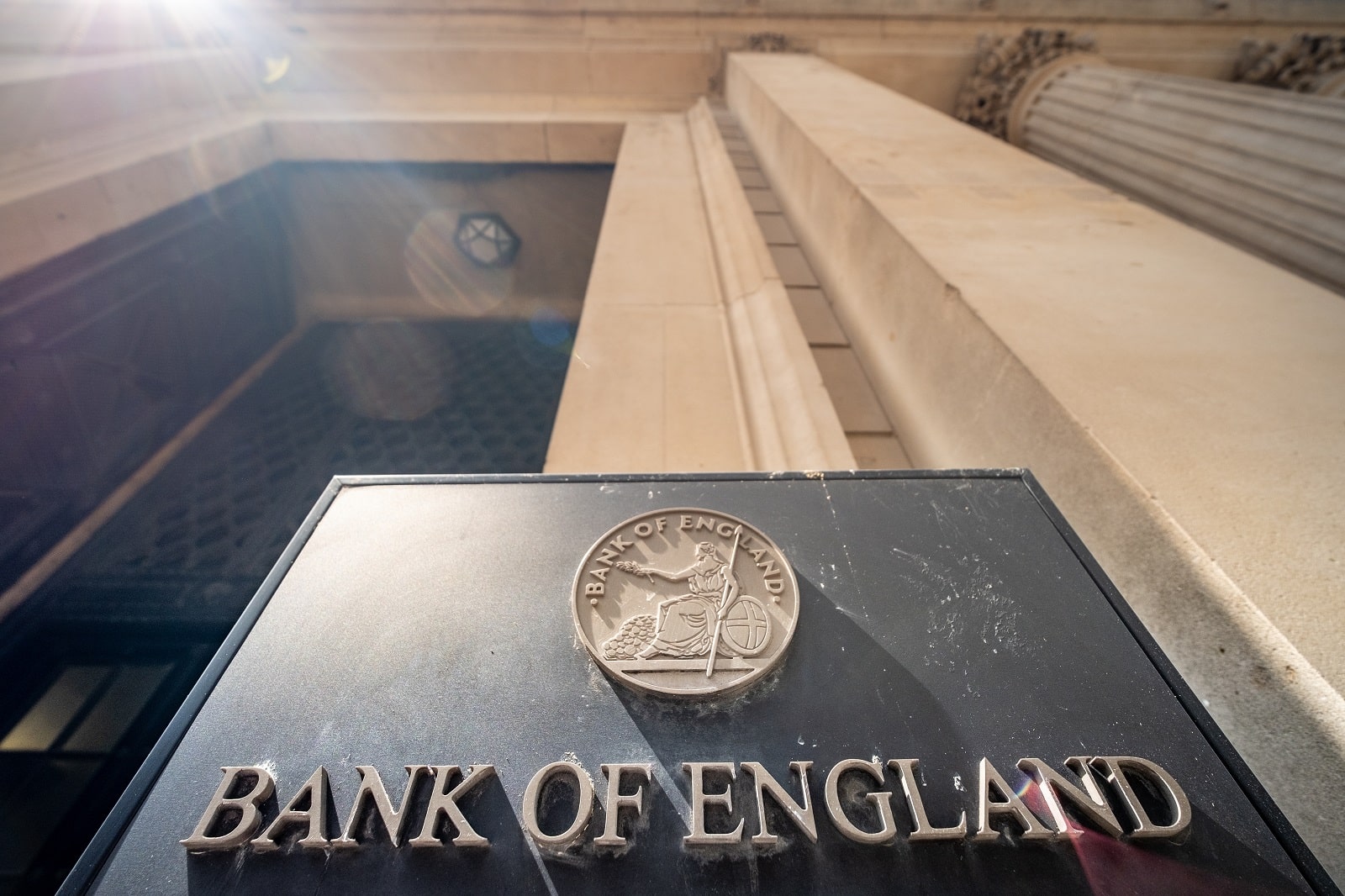
By suggesting it’s high-interest rates that are going to cause slower growth, some commentators are suggesting Hunt is trying to influence monetary policy committee decisions.
Interest Rate Reduction Would Help

The reality is if the Bank of England reduces interest rates, borrowing costs across all sectors would lower, putting more money back into household pockets. A government absolutely desperate for any good news would welcome this with open arms.
Sunak Paints a Picture of Future Optimism
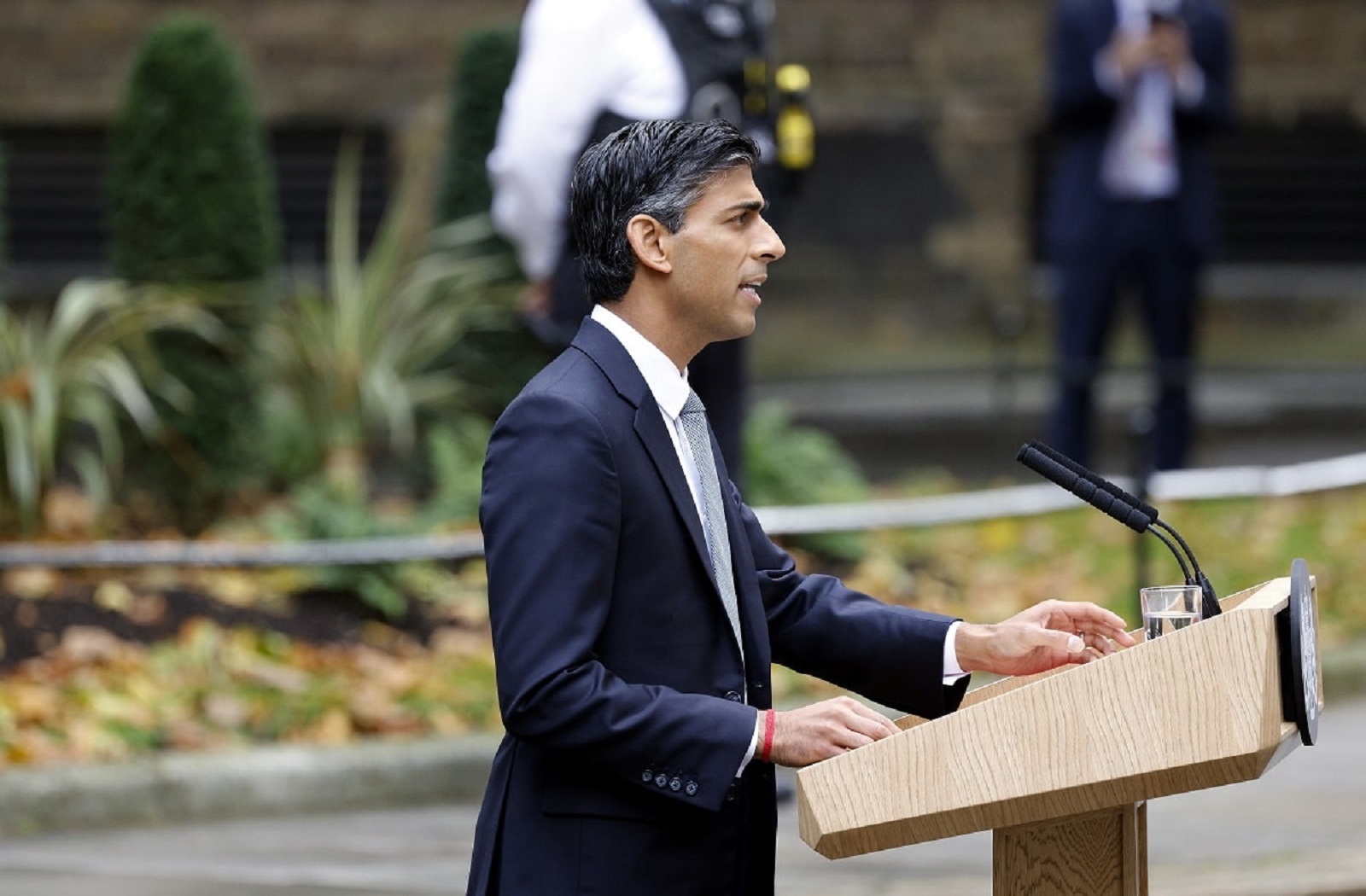
In an interview with the BBC, Prime Minister Rishi Sunak said “I do believe that at the start of this year, we have turned a corner after the shocks of the past few years and we are in a new economic moment, and 2024 will prove to be the year that the economy bounces back”
Yet Statics From the Office of National Statistics Paint a Bleak Picture
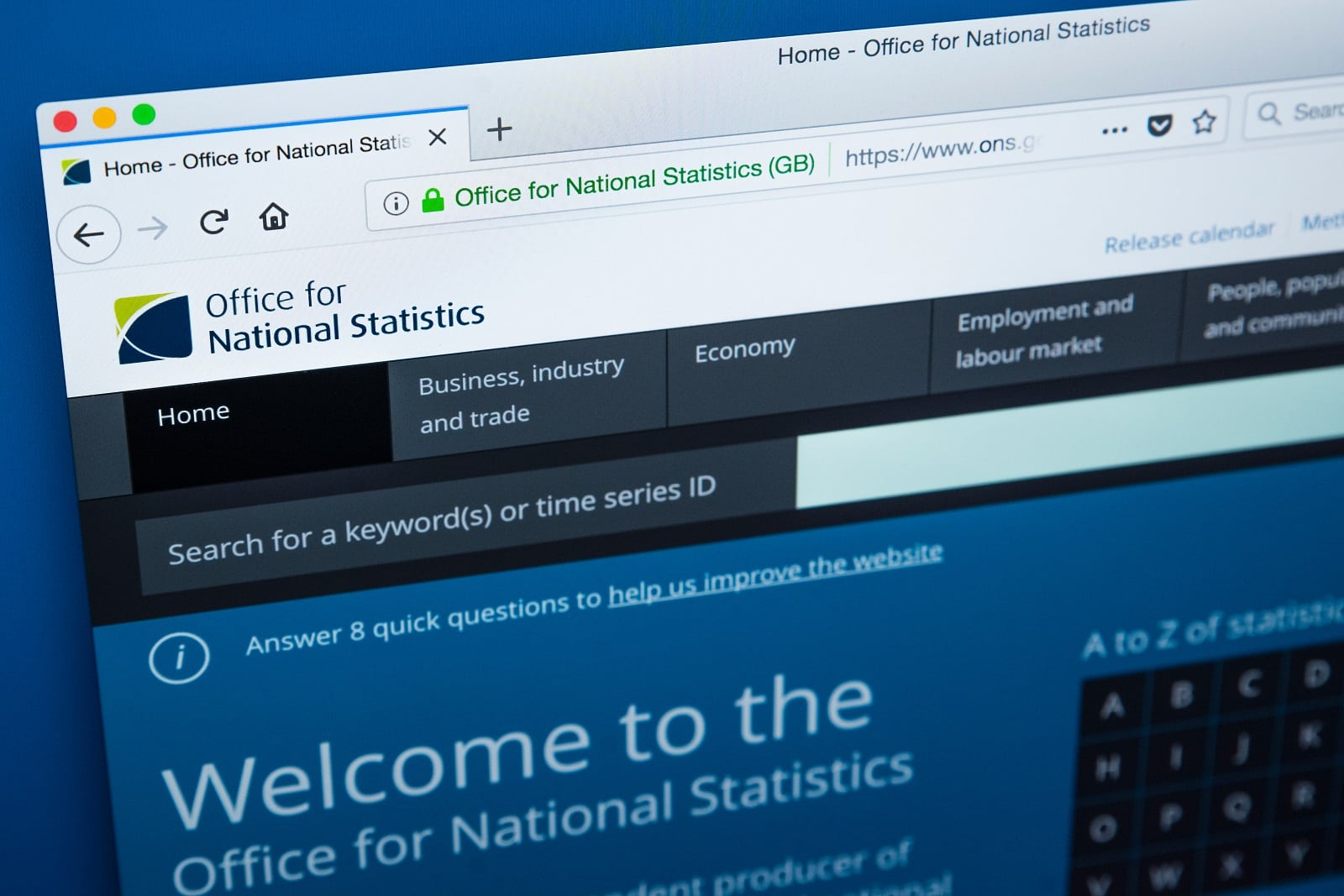
A measure of GDP per capita is widely accepted by economists as a better measure of living standards. Using official data from the Office of National Statistics, we’ve suffered a 1.7% drop since 2022 – the longest stretch of downturn since records began.
Public Live in Reality, Not Political Spin
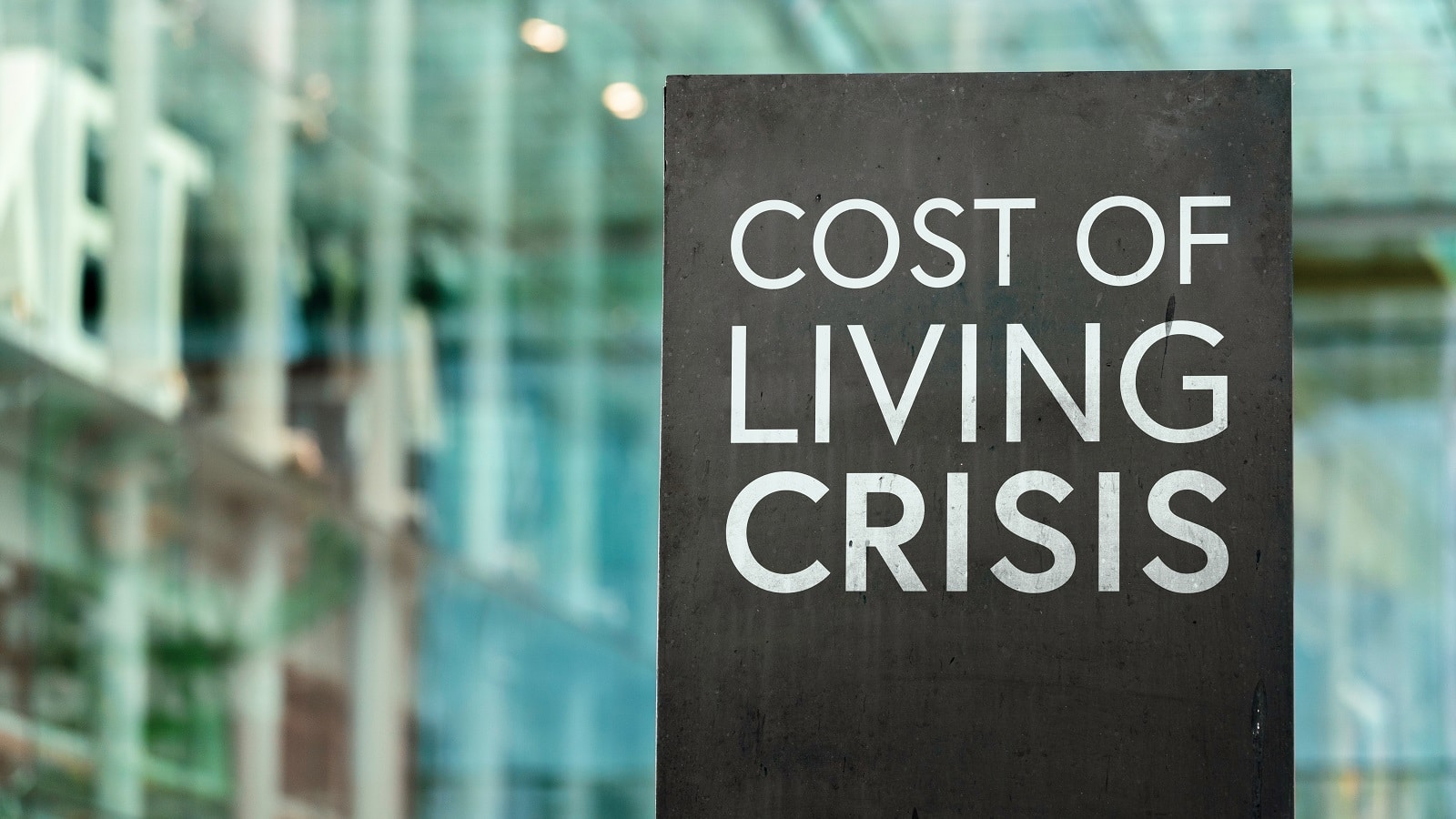
Whilst the inflation data is a chance for the government to say they’re doing a good job and things are getting better, the public live in the real world and are still facing a very high cost of living.
Prices Are Still Rising, Just Not As Fast
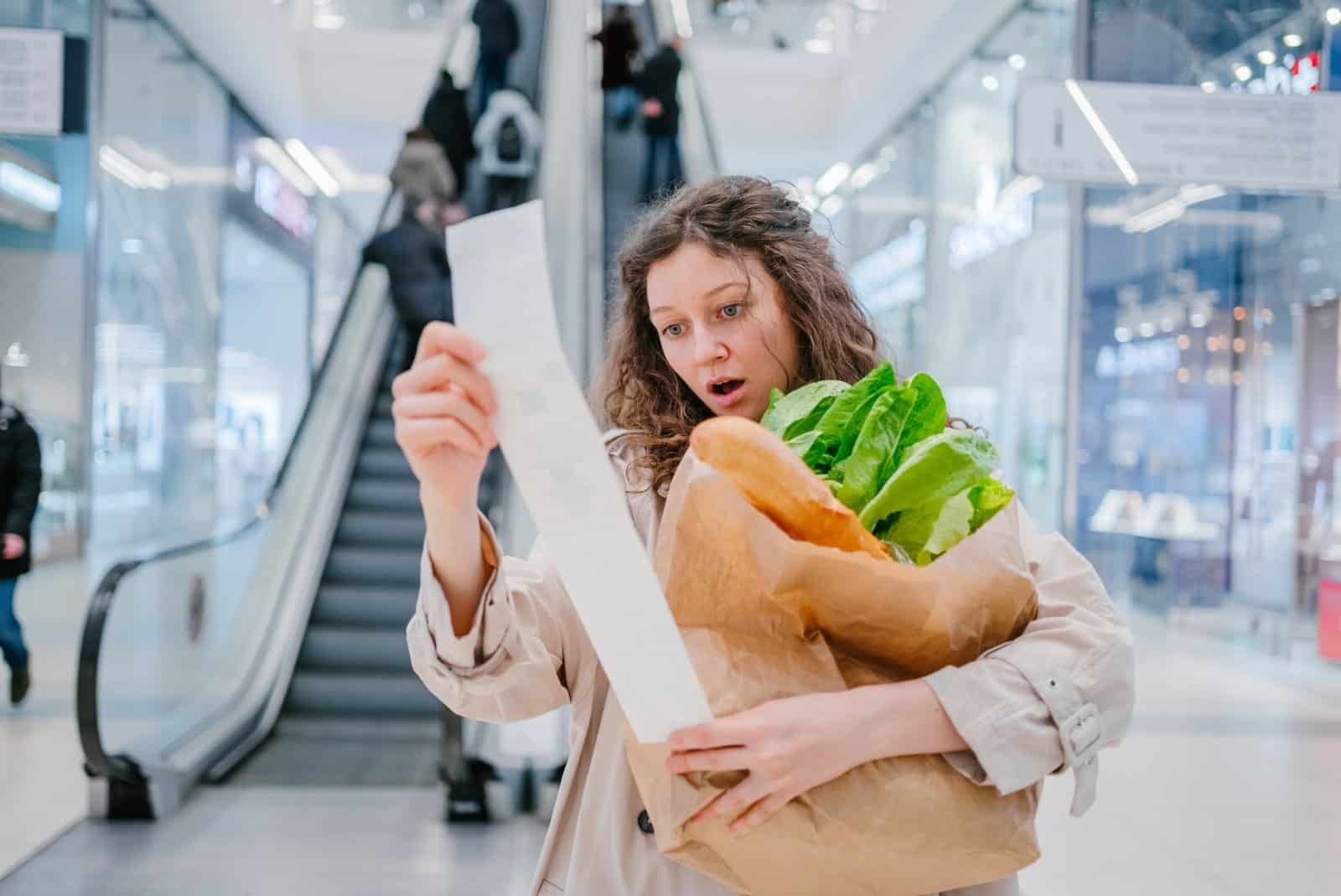
The important point here is that prices are still rising. They’re rising by an average of 3.4%, which means the rate at which costs are going up is slightly slower, that’s all.
New Wave of Price Hikes Coming

Many goods and services are priced relative to inflation. When some price decisions were made, inflation was running higher. Expect to see car insurance premiums, mobile phone plans and TV and broadband prices rising next month.
Future Sets of Data Might Be Less Encouraging

With these price rises already pencilled in, there’s a slight chance that the forthcoming inflation data won’t be quite as nice a story for the government. They’ll be hoping rises in certain sectors are cancelled out by reduction in food, fuel and energy prices.
Domestic Food Supply Will Improve

As we enter spring and summer months, more of our food requirements are met domestically. This can reduce prices as distribution and import costs are lower. Expect to see certain food prices lower in the coming months.
Government Can’t Take Much Credit For Inflation Data
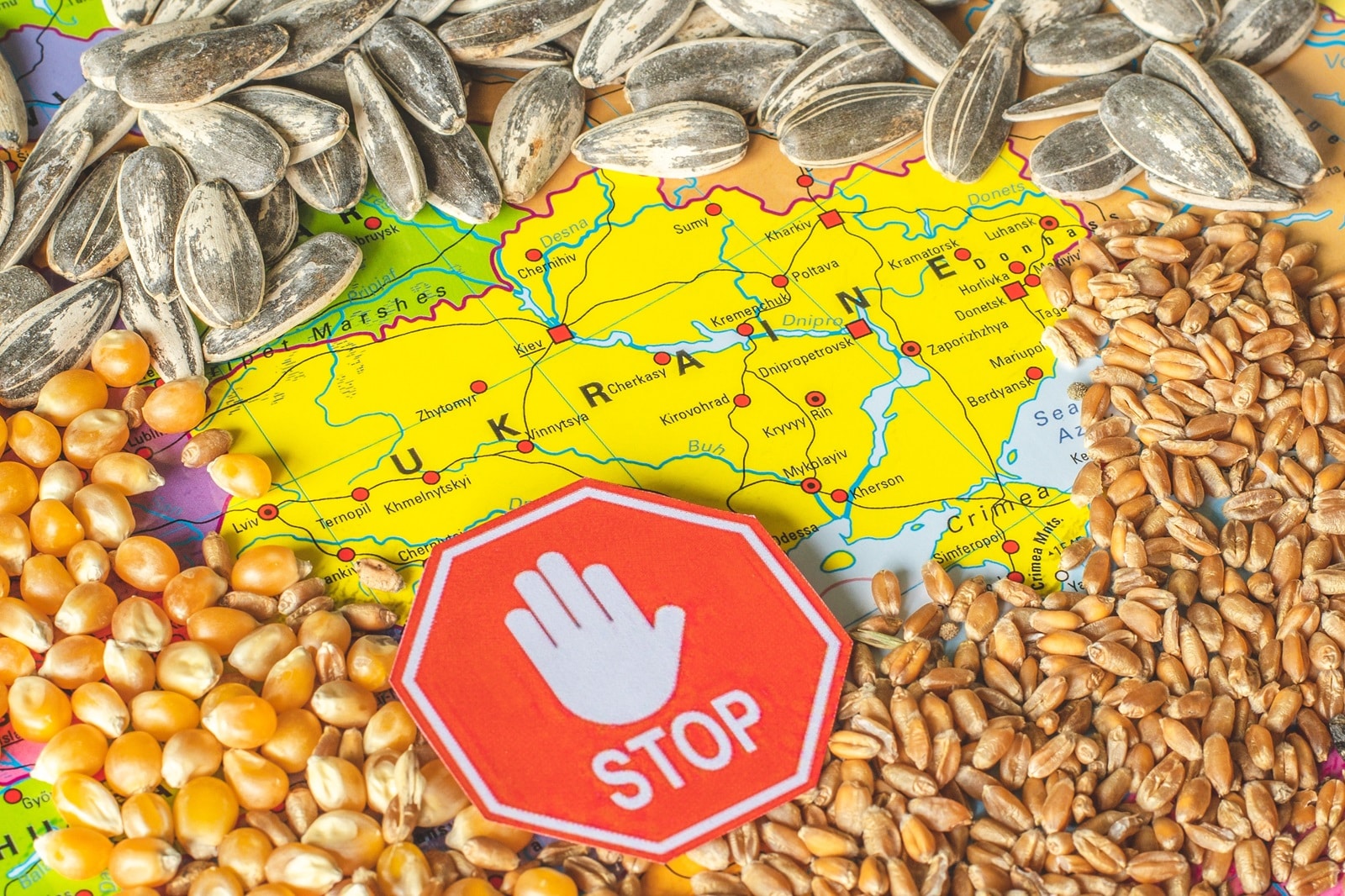
Many of the reasons for the drop in inflation were systemic, and independent of the government. Supply chains correct themselves over time. Wholesale oil and gas prices corrected as new suppliers were found outside of Russia. Grain prices stabilized with the Ukrainian grain deal.
Wage Growth Is a Possible Reason to Cheer

The data from the Bank of England is showing that wage growth is increasing, with average wage hikes running at 6.1% at present. The government can’t accept all the credit here though – the data includes private-sector workers.
Energy Price Cap Will Also Help

In April the energy price cap kicks in, and predictions are that it’ll send bills up to 16% lower. This would be a welcome relief for consumers, who have long suffered higher-than-usual energy costs.
Warmer Temperatures Mean Less Expenditure

Nature will play a part too. As the weather warms up, the requirement to heat homes is removed. Reduced heating bills and cheaper domestic food will help the pockets of many households.
Bank of England Signaled Interest Rate Moves Will Only Be Lower

The data used by the bank shows that the desired effect from the interest rate hikes is kicking in. Whilst not giving too much away, they’ve suggested any rate moves in the medium-term future will be lower. We just don’t know when that will be.
Conflicting Messages Are Spread
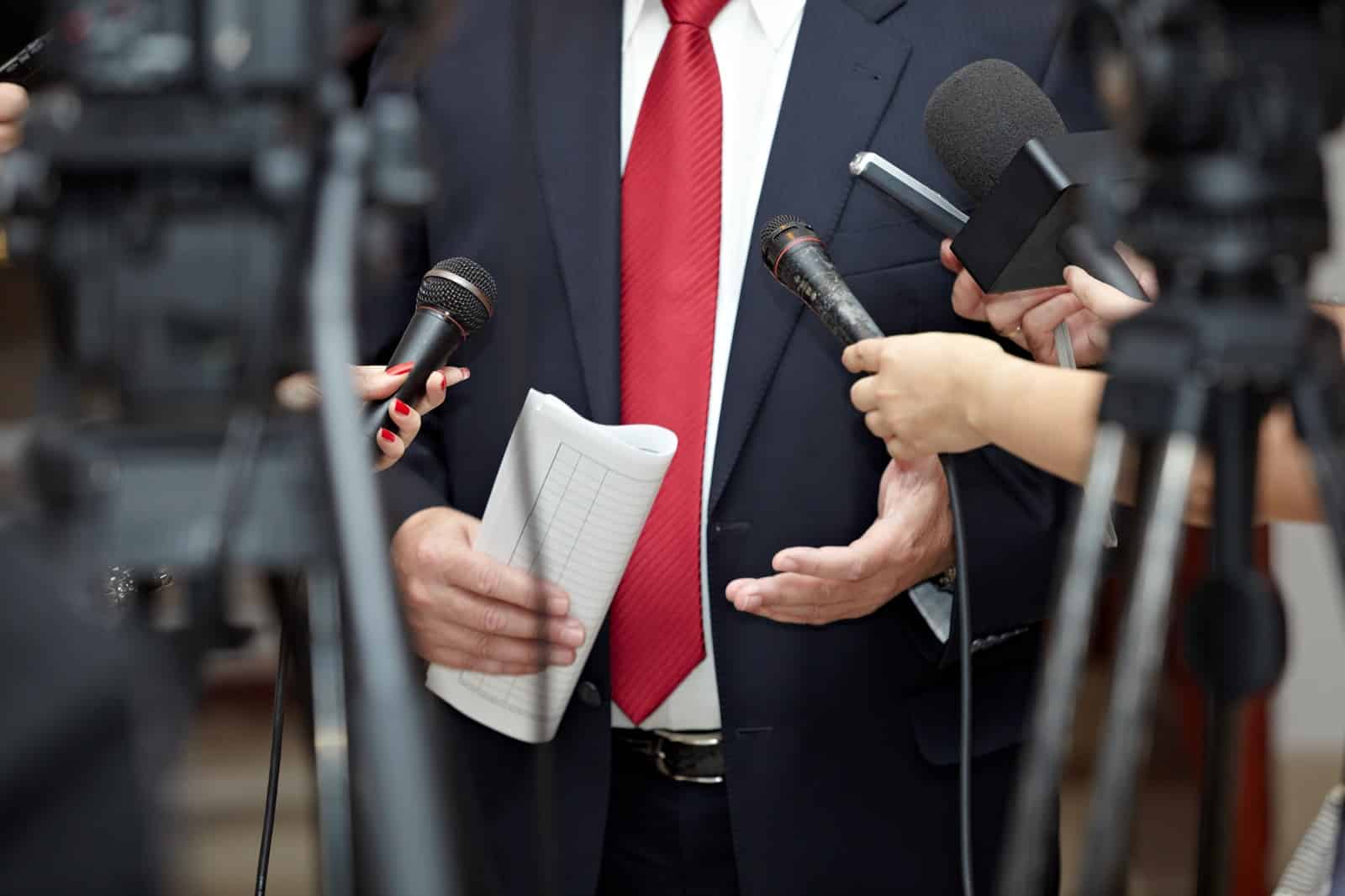
As expected, the government is keen to tell us things are going well, and they’re guiding us to a brighter future – we just need to trust them. The reality for most households is that frankly, right now they aren’t any better off at all.
More Articles Like This…
Broken Britain: 12 Reasons Behind the UK’s Decline
Say the Unsayable: 10 Occasions When Farage Spoke His Mind About Britain
The post The Government Is Painting ‘Too Rosy’ a Picture on Latest Inflation Data Say Some first appeared on Edge Media.
Featured Image Credit: Shutterstock / Alexandros Michailidis.

